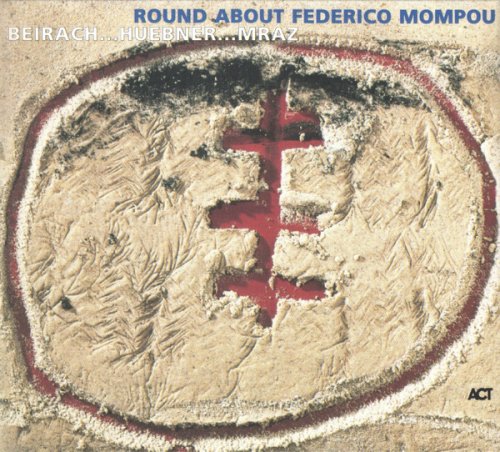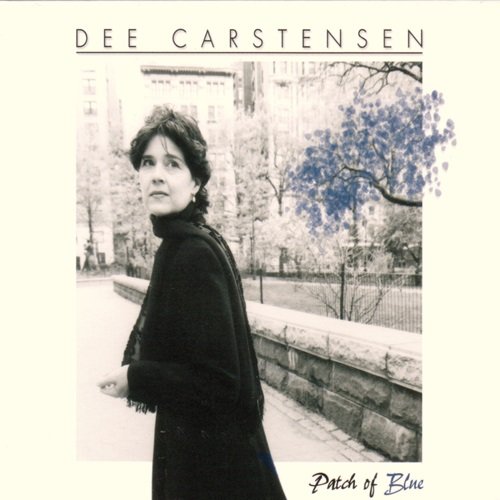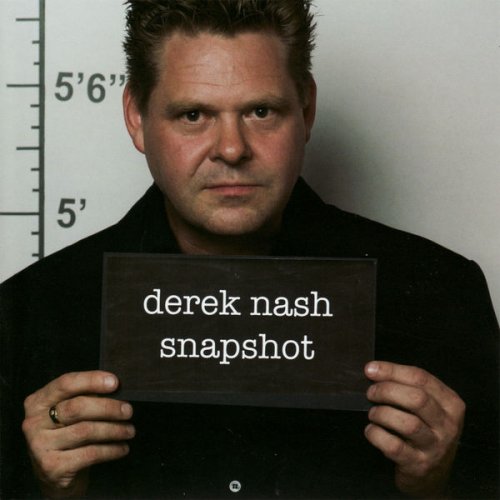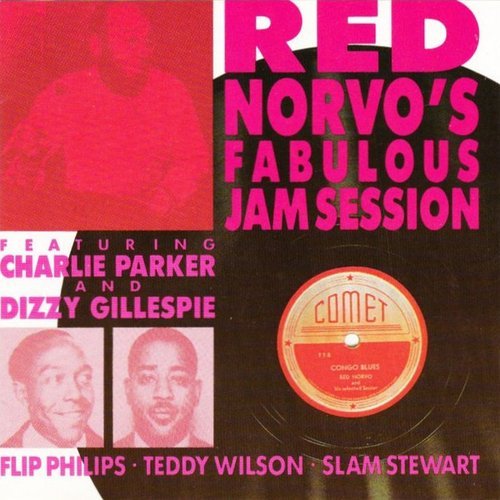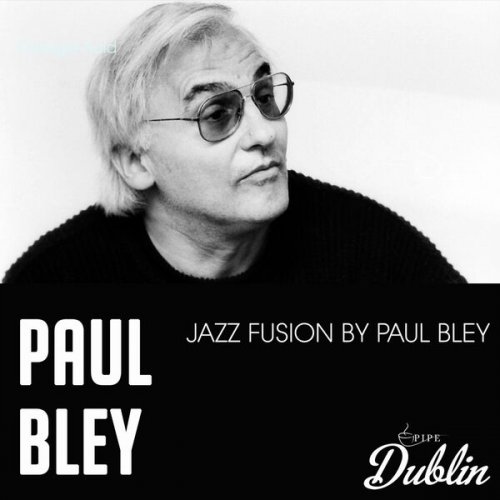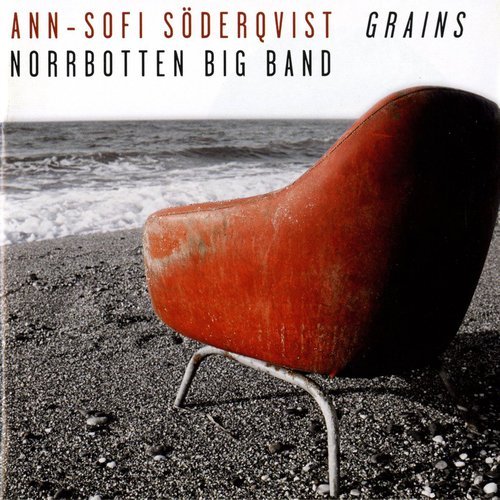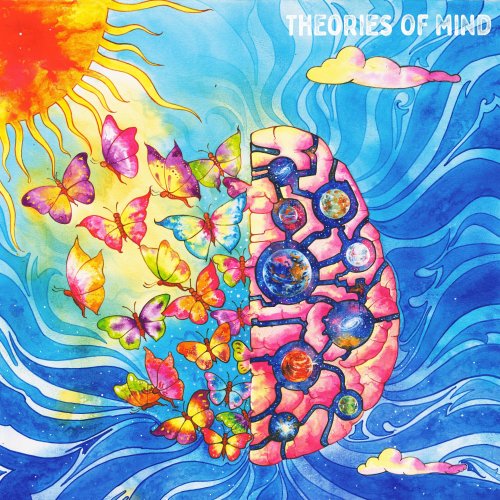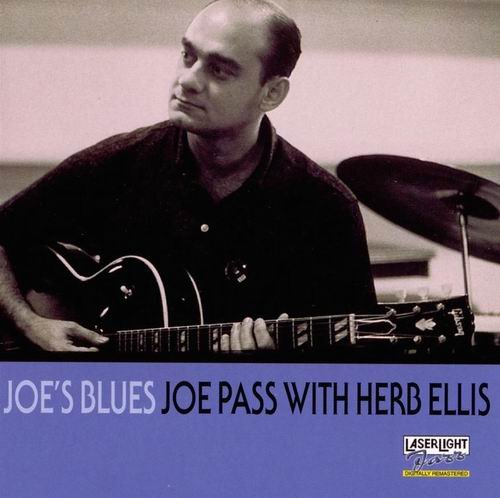The Mandrake Memorial - Medium (Reissue) (1969/1996)
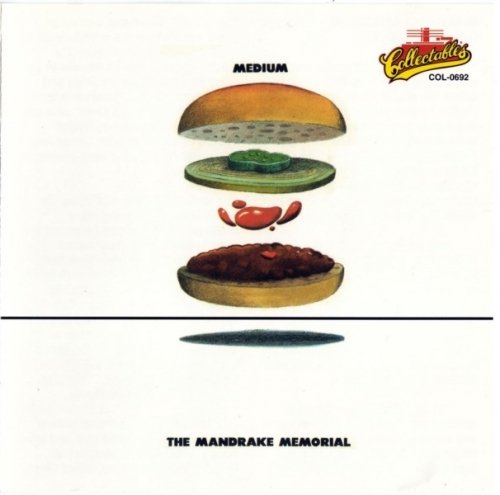
Artist: The Mandrake Memorial
Title: Medium
Year Of Release: 1969/1996
Label: Collectables
Genre: Psychedelic Rock, Prog Rock
Quality: Flac (image, .cue, log)
Total Time: 39:29
Total Size: 217 Mb (scans)
WebSite: Album Preview
Title: Medium
Year Of Release: 1969/1996
Label: Collectables
Genre: Psychedelic Rock, Prog Rock
Quality: Flac (image, .cue, log)
Total Time: 39:29
Total Size: 217 Mb (scans)
WebSite: Album Preview
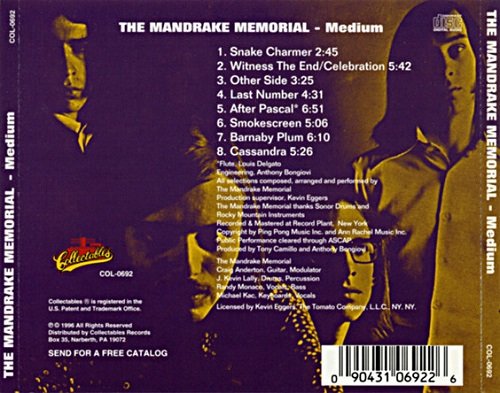
Tracklist:
1. Snake Charmer - 2:45
2. Witness The End / Celebration - 5:42
3. Other Side - 3:25
4. Last Number - 4:31
5. After Pascal - 6:51
6. Smokescreen - 5:06
7. Barnaby Plum - 6:10
8. Cassandra - 5:26
Line-up::
Craig Anderton - Guitars, Electronics, Sitar
Michael Kac - Keyboards, Voices
Randy Monaco - Bass, Voices
John Kevin Lally - Drums
The Mandrake Memorial formed in late 1967 when producer/promoter Larry Schreiber was asked to put together a house band for Manny Rubin's downtown Philadelphia club, The Trauma. Schreiber started with Michael Kac (pronounced "Katz"), a folksinger/guitarist/banjoist/keyboardist who was already a regular performer at both The Trauma and Rubin's other club, The Second Fret. Kac had been in a band called The Candymen, later known as Cat's Cradle, recently broken up (Schreiber had been their manager). Guitarist Kim King (of Lothar and the Hand People, another Trauma Club regular) told Schreiber about a drummer he knew in a similar situation. J. (John) Kevin Lally was from a band called The Novae Police, a fixture at the Night Owl Club and The Bitter End in Greenwich Village, playing with bands like The Flying Machine (with James Taylor) and The Ragamuffins (from Canada). Schreiber visited Lally in the basement of New York's Albert Hotel, where Kevin kept his drums in Lothar's practice room. Suitably impressed, he brought Lally back to Philadelphia to meet Michael, and the two musicians hit it off immediately. Kac then recruited a young guitarist he'd seen, Craig Anderton from a University of Pennsylvania college band called The Flowers of Evil, who'd been opening for Todd Rundgren's first band Woody's Truck Stop. Last, Lally convinced his friend Randy Monaco, bassist/vocalist from The Novae Police, to relocate to Philly and join them. Although everyone was already working musicians, they jumped at the chance to be a house band, with a guaranteed gig every weekend and the chance to open for all the big-name bands brought in by Manny.
The Mandrake Memorial quickly gelled and began developing a following. At the beginning they were a standard two-guitar, bass & drums quartet, but very soon a sales rep from R.M.I.approached the group with a prototype of what was to become their Rock-Si-Chord (an electronic harpsichord). The band tried it out and quickly realized it gave them a new sound nobody else had. Since Kac was the only band member who could play keyboards, he switched from guitar to harpsichord and Mandrake was complete.
The new sound was an immediate success. The band was widely acknowledged as "blowing off the stage" many of the headline acts they were supposed to be supporting. Mandrake opened for The Doors, Big Brother and the Holding Company, Frank Zappa and The Mothers of Invention, Moby Grape, and Strawberry Alarm Clock, among others, and appeared on TV with Pink Floyd. Soon Mandrake was performing college circuit clubs like Boston Tea Party, Psychedelic Supermarket, Electric Circus, New York's Cafe Au Go Go, the Second Fret and The Main Point. Manny Rubin got them signed to Poppy Records,the new experimental music label of MGM Records. Their first self-titled LP, produced by Tony Camillo and Tony Bongiovi (cousin of Jon Bon Jovi), sold over 100,000 copies, mainly in the Philadelphia, New York and Boston areas. A second LP, Medium was completed in early 1969 to similar high acclaim.
Kac (and his Rock-Si-Chord) left the band following Medium, citing musical differences, and in the summer of 1969 the remaining trio traveled to England to record a live-in-the-studio acoustic album with famed producer Shel Talmy. Booked to tour the U.K. with Todd Rundgren's new band The Nazz, unfortunately an English union disagreement prevented any American musicians from performing that summer. To top that off, their completed "Mandrake Unplugged" album was deemed too uncommercial by Poppy label executives and never released — although the idea was to become a huge trend two decades later. This 'lost' album was finally released on the Flashback label in 2016, titled 3 Part Inventions.
Returning to Philadelphia, the band began working on a new album, re-working some of the songs from their failed acoustic album. They were teamed up with New York producer Ronald Frangipane with the result that he brought in an orchestra and filled out the songs with full choir, children's choir, orchestral splashes and elaborate production. Puzzle was a progressive rock masterpiece, but did not sell well enough to make back its considerable production costs. It did garner critical praise, however. "The idea they have is very great," wrote classical conductor Seiji Ozawa in the May 23, 1970 edition of Billboard magazine. "I love this recording. With some recordings, I can listen to only one selection, but this recording I love to hear from the very beginning, from the first note to the last." Fusion, a major rock music publication at the time, added that it was "a symphony of the mind; one of the most important albums of the decade to come." The band recorded just one more single, a cover of Thunderclap Newman's "Something In The Air" backed with an original tune by Anderton. When the single also flopped, Lally left the band and Anderton and Monaco soon called it quits.
The Mandrake Memorial quickly gelled and began developing a following. At the beginning they were a standard two-guitar, bass & drums quartet, but very soon a sales rep from R.M.I.approached the group with a prototype of what was to become their Rock-Si-Chord (an electronic harpsichord). The band tried it out and quickly realized it gave them a new sound nobody else had. Since Kac was the only band member who could play keyboards, he switched from guitar to harpsichord and Mandrake was complete.
The new sound was an immediate success. The band was widely acknowledged as "blowing off the stage" many of the headline acts they were supposed to be supporting. Mandrake opened for The Doors, Big Brother and the Holding Company, Frank Zappa and The Mothers of Invention, Moby Grape, and Strawberry Alarm Clock, among others, and appeared on TV with Pink Floyd. Soon Mandrake was performing college circuit clubs like Boston Tea Party, Psychedelic Supermarket, Electric Circus, New York's Cafe Au Go Go, the Second Fret and The Main Point. Manny Rubin got them signed to Poppy Records,the new experimental music label of MGM Records. Their first self-titled LP, produced by Tony Camillo and Tony Bongiovi (cousin of Jon Bon Jovi), sold over 100,000 copies, mainly in the Philadelphia, New York and Boston areas. A second LP, Medium was completed in early 1969 to similar high acclaim.
Kac (and his Rock-Si-Chord) left the band following Medium, citing musical differences, and in the summer of 1969 the remaining trio traveled to England to record a live-in-the-studio acoustic album with famed producer Shel Talmy. Booked to tour the U.K. with Todd Rundgren's new band The Nazz, unfortunately an English union disagreement prevented any American musicians from performing that summer. To top that off, their completed "Mandrake Unplugged" album was deemed too uncommercial by Poppy label executives and never released — although the idea was to become a huge trend two decades later. This 'lost' album was finally released on the Flashback label in 2016, titled 3 Part Inventions.
Returning to Philadelphia, the band began working on a new album, re-working some of the songs from their failed acoustic album. They were teamed up with New York producer Ronald Frangipane with the result that he brought in an orchestra and filled out the songs with full choir, children's choir, orchestral splashes and elaborate production. Puzzle was a progressive rock masterpiece, but did not sell well enough to make back its considerable production costs. It did garner critical praise, however. "The idea they have is very great," wrote classical conductor Seiji Ozawa in the May 23, 1970 edition of Billboard magazine. "I love this recording. With some recordings, I can listen to only one selection, but this recording I love to hear from the very beginning, from the first note to the last." Fusion, a major rock music publication at the time, added that it was "a symphony of the mind; one of the most important albums of the decade to come." The band recorded just one more single, a cover of Thunderclap Newman's "Something In The Air" backed with an original tune by Anderton. When the single also flopped, Lally left the band and Anderton and Monaco soon called it quits.
